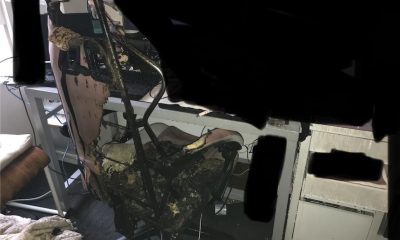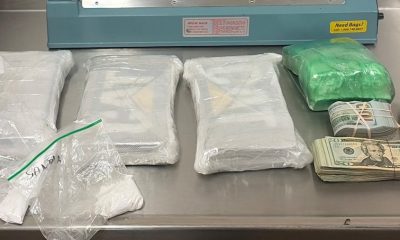Uncategorized
Researchers in the UO’s Prevention Science Institute have received a two-year, $1.2 million grant
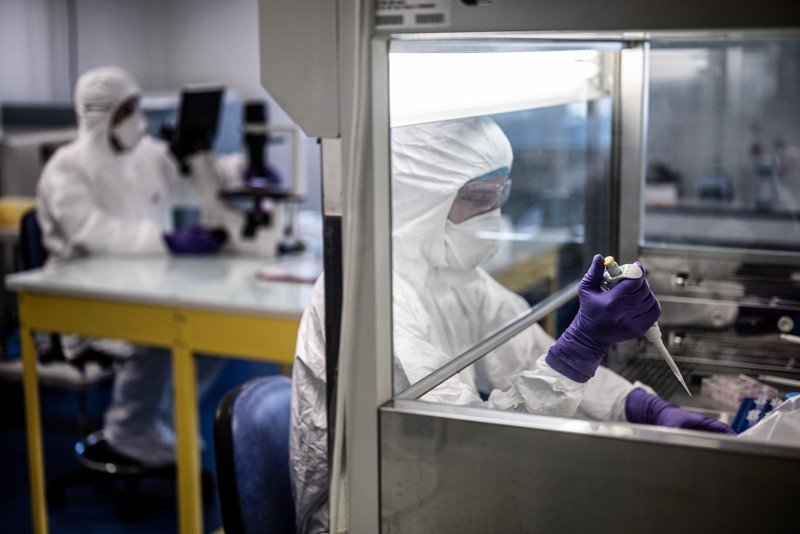
Eugene, OR – They have received the 2 year, $1.2 million grant from the National Institutes of Health to fund expanded COVID-19 testing at syringe exchange sites. This two-year grant is part of a nationwide effort to expand testing to underserved communities.
Philip H. Knight Chair, professor in the Department of Counseling Psychology and the principal investigator on the project, said:
“This project expands the critical work being conducted through the MAP initiative. It will help ensure the health and safety of our communities and strengthens a vital partnership with HIV Alliance in Oregon that will enable that agency to provide COVID-19 testing at syringe exchange sites.”
Other investigators on the project include Anne Mauricio, Camille Cioffi, Hannah Tavalire, Leslie Leve and Derek Kosty, all research scientists at the Prevention Science Institute or faculty members in the College of Education. Doug Turnbull and Ariana White from the Genomics and Cell Characterization Core Facility are also collaborators.
The project is the second grant the UO has received through the Rapid Acceleration of Diagnostics Underserved Populations program, also called RADx-UP, to expand COVID-19 testing strategies in populations disproportionately affected by the pandemic. It follows a September grant that provided nearly $5 million in funding to expand testing in Oregon Latinx communities.
More than 60 federal awards were made as part of RADx-UP, with those two being the only projects provided with funding to serve residents in the state of Oregon.
The new project is tied to an existing Prevention Science Institute grant targeting substance use among at-risk students and their families. Titled “Creating a Sustainable Infrastructure for SARS-COV-2 Testing at Syringe Exchange Programs,” the program builds on an existing partnership between HIV Alliance in Oregon and UO researchers.
The program will provide a “motivational enhancement intervention” known as the COVID-19 Check-Up and evaluate whether the intervention increases testing rates among HIV Alliance clients attending syringe exchange programs. The brief, one-session intervention is modeled after the successful Family Check-Up Online model. The evaluation will include a component to identify barriers and facilitators that can be used to scale up the testing program.
It aims to better understand COVID-19 testing patterns among underserved and vulnerable populations; strengthen the data on disparities in infection rates, disease progression and outcomes; and develop strategies to reduce the disparities in COVID-19 testing.
-

 Eugene6 days ago
Eugene6 days agoTwo-alarm house fire displaces Eugene family in University neighborhood
-
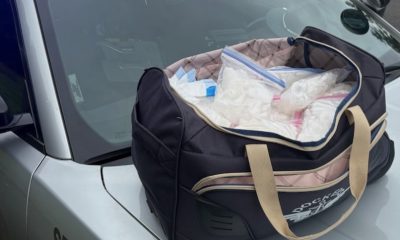
 Oregon6 days ago
Oregon6 days agoTraffic stop near Cottage Grove leads to seizure of more than 40 pounds of methamphetamine
-
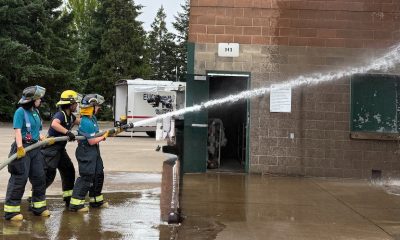
 Eugene6 days ago
Eugene6 days agoEugene Springfield Fire opens applications for 15th annual young women’s fire camp
-
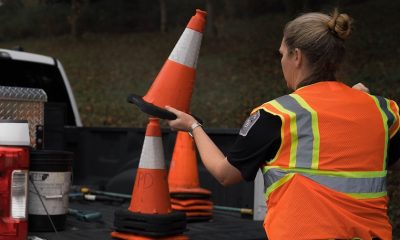
 Eugene6 days ago
Eugene6 days agoEPD warns after multiple crashes during rainy morning commute in Eugene
-

 Eugene6 days ago
Eugene6 days agoEugene officials report record ridership for PeaceHealth Rides bike share



